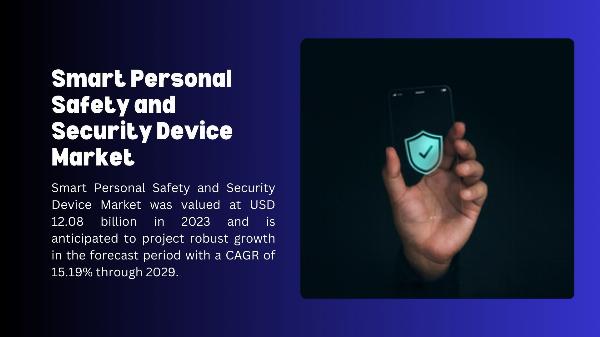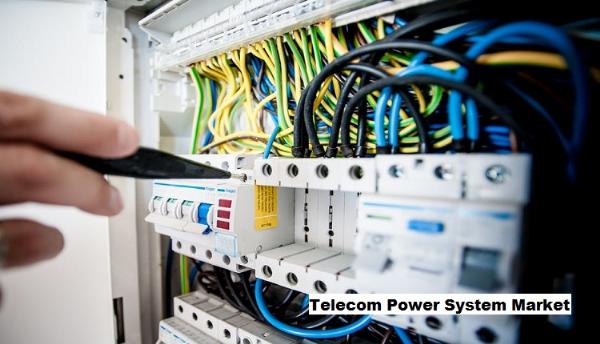In a bold move to curb China's technological advancement, Taiwan has joined the United States in blacklisting the country's AI and chipmaking champions. This unprecedented step by Taipei may signal a renewed effort to isolate China's powerful semiconductor sector.

The Taiwanese government has added Huawei Technologies Co. and its main chipmaker Semiconductor Manufacturing International Corp. to its entity list, barring Taiwanese firms from doing business with the pair without a license. This is the first time Taiwanese officials have used the blacklist to sanction major Chinese firms, following a longstanding US approach of blocking access to advanced technologies.
The move marks Taipei's first public action on semiconductor restrictions since President Lai Ching-te pledged in April to address unspecified concerns from Washington about export controls. The US has urged Taipei to take more ownership over chip restrictions on China, with a particular focus on enforcement of existing curbs.
A congressional committee focused on China said after Taipei's move that the US "must continue working with our partners to ensure the CCP's attempts to illegally transfer tech are stopped cold."
Taipei's decision may be the first of a series of measures tightening the flow of technology to China, marking a departure from a policy of nurturing cross-Strait business ties. The longer-term goal may be to throttle supply of vital components, silicon materials, and plant construction expertise that helped transform Taiwan Semiconductor Manufacturing Co. into the world's most advanced chip operation.

"This recent shift marks a substantive move toward strategic technological competition with China," said Chiang Min-yen, an analyst at Taiwan's government-funded Research Institute for Democracy, Society and Emerging Technology. "Compared to other tech democracies with similar industrial structures — such as Japan and South Korea — Taiwan is now taking a more decisive stance."
Lai did not specify in his April comments what steps Taiwan would take in response to US concerns, but instead described a broader strategy to boost trade relations with the US. It is unclear whether the Huawei and SMIC sanctions are related to ongoing tariff negotiations with Washington, or whether the US requested that specific step.
The US has pressured Taiwan to do more since Trump's first term, when officials urged Taipei to block sales of TSMC chips to China — before Washington imposed restrictions on some of TSMC's shipments to the world's second-largest economy. Under President Joe Biden, the US continually ramped up those China controls, which span both chips and the tools used to make them. Many of the US measures use an authority known as the foreign direct product rule to restrict some activities of foreign firms — including Taiwanese ones — whose products contain even the tiniest bit of American tech.
Taiwan's alignment with the US in tech competition by blacklisting Huawei and SMIC further intensifies global concerns over technology supply chain strife, underscoring potential risks to innovation networks worldwide.
Taiwan's alignment with the US in their tech war by blacklisting Huawei and SMIC, further intensifies a struggle for dominance within global supply chains.
Taiwan's alignment with the US in a tech conflict by blacklisting Huawei and SMIC further intensifies global semiconductor tensions, underscoring their shared concerns over Chinese technological advancements.
Taiwan's decision to align with the United States in a technology conflict by blacklisting Huawei and SMIC stirs up new concerns about an unofficial yet firm de facto division between countries regarding critical tech supply chains.


![Isothermal Bags Containers Market [2028]: Top Trends, Size, and Competitive Intelligence - TechSci Research](https://antiochtenn.com/zb_users/upload/2025/07/20250719012446175285948669203.jpg)











